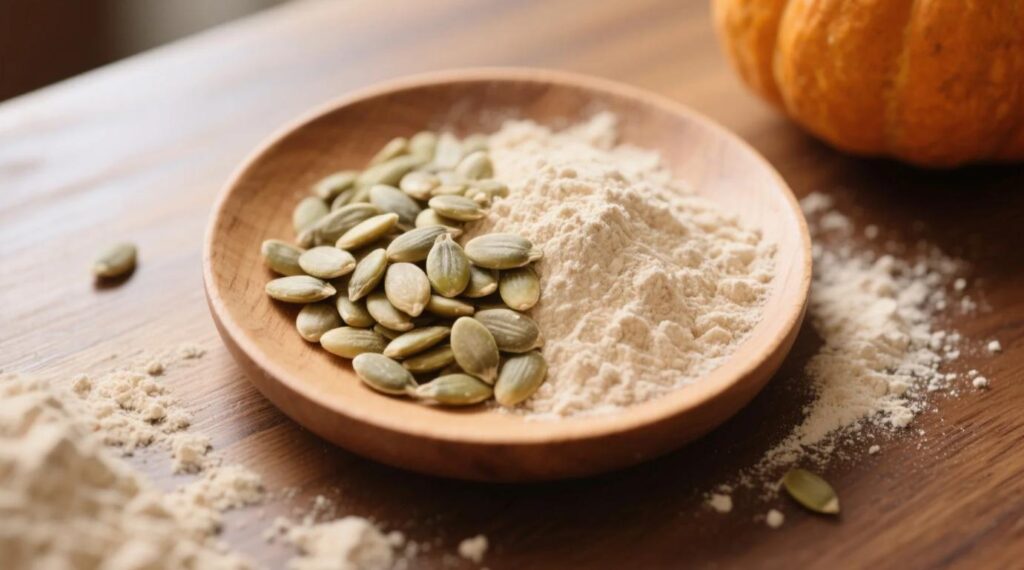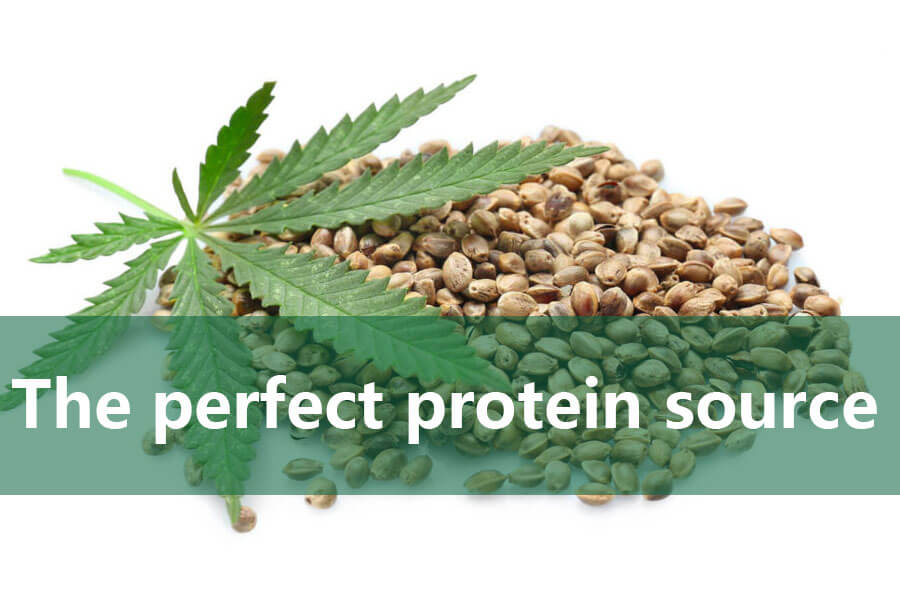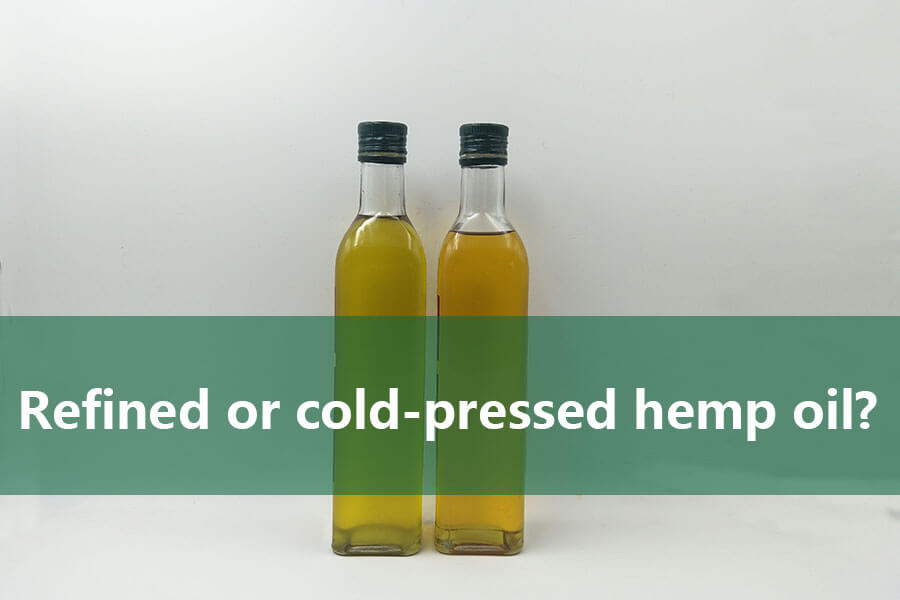As plant-based diets surge in popularity, one question echoes among health enthusiasts: “Is pumpkin protein a complete protein?” The answer isn’t black and white—but that’s exactly why organic pumpkin seed protein powder deserves your attention. Let’s dive into the science, debunk myths, and uncover why this earthy-green superfood is a worthy addition to your wellness arsenal, even if it’s not a “complete” protein.

The Complete Protein Puzzle: What Does It Mean?
A “complete protein” contains all nine essential amino acids that the body can’t produce on its own. While animal-based proteins (like whey or eggs) typically fit this definition, most plant proteins lack one or more amino acids. So, where does pumpkin seed protein stand?
- The Verdict: Pumpkin seed protein is not a complete protein. It’s low in lysine and threonine, two essential amino acids.
- But Wait: This doesn’t diminish its value! Pairing it with lysine-rich foods (like legumes or quinoa) creates a complete amino acid profile.
Key Takeaway: Pumpkin protein shines as part of a balanced diet—not a standalone solution.
5 Reasons to Love Organic Pumpkin Seed Protein Powder
1. Rich in Magnesium & Zinc: The Stress-Busting Duo
- Magnesium: Supports muscle recovery, sleep quality, and stress reduction (1 serving = 40% DV).
- Zinc: Boosts immunity, skin health, and hormone balance—a must for active lifestyles.
2. Fiber for Gut Health & Satiety
With 5-8g of fiber per serving, it promotes digestion, stabilizes blood sugar, and keeps you fuller longer—perfect for smoothies or baked goods.
3. Plant-Based Iron for Energy
A 20% DV of iron per scoop combats fatigue, especially crucial for vegans and menstruating individuals.
4. Heart-Healthy Fats
Pumpkin seeds are packed with omega-3 and omega-6 fatty acids, which reduce inflammation and support cardiovascular health.
5. Allergy-Friendly & Sustainable
- No Common Allergens: Gluten-free, dairy-free, and nut-free.
- Eco-Star: Pumpkin plants require minimal water and naturally deter pests, making their cultivation low-impact.
How to Use It: Simple & Creative Ideas
- Smoothie Booster: Blend with banana, spinach, and almond milk for a creamy, nutrient-dense drink.
- Baking Buddy: Add to pancakes, muffins, or energy balls for a protein and fiber boost.
- Savory Twist: Mix into soups, veggie burgers, or oatmeal with a pinch of cinnamon.
FAQ: Addressing Concerns
Q: If it’s not a complete protein, why choose pumpkin seed protein?
A: Its unique blend of minerals, fiber, and healthy fats offers benefits most proteins lack. Pair it with whole grains or legumes to fill amino acid gaps.
Q: Is it safe for kids or sensitive stomachs?
A: Yes! Its gentle, easily digestible nature makes it ideal for all ages.
Q: How does it compare to pea or hemp protein?
A: Pumpkin protein is lower in protein content (15-20g per 100g vs. pea’s 25g) but excels in magnesium, zinc, and sustainability.
Embrace the Power of Balance
While organic pumpkin seed protein powder isn’t a complete protein, its nutritional profile is a testament to nature’s ingenuity. Packed with minerals, fiber, and plant-based goodness, it’s a versatile, eco-conscious choice that complements—not replaces—a diverse diet.
Ready to Nourish Smarter?
Add this green gem to your pantry and discover how “incomplete” can still mean irresistibly wholesome.
🎃 “Fuel naturally. Thrive authentically.” 🎃


